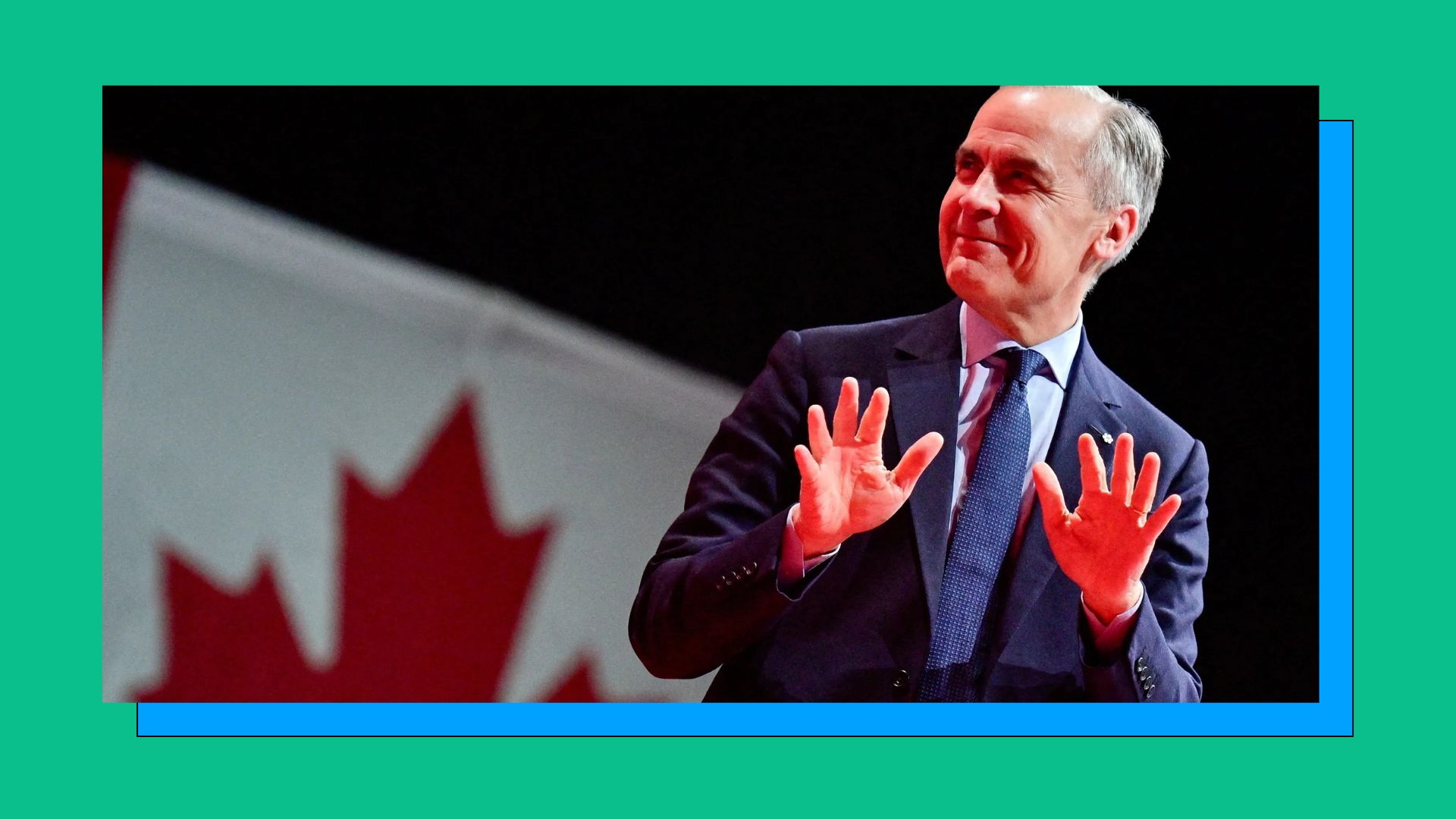The dust has settled on another disappointing federal election for Canada’s Conservatives, and party stalwart Peter MacKay isn’t staying silent. The former cabinet minister and leadership contender has emerged with pointed analysis about where his party failed to connect with voters – and what needs to change moving forward.
MacKay’s Blunt Assessment: “We Missed the Mark”
In exclusive interviews following the election, MacKay pulled no punches:
“We became our own worst enemy in this campaign. When you’re spending more time fighting internal battles than presenting a compelling vision to Canadians, you’ve already lost.”
His comments hint at the ongoing tension between the party’s moderate Red Tory wing and its more populist factions – a divide that many believe cost them crucial urban and suburban votes.
The Three Fatal Flaws (According to MacKay)
- Policy Myopia: “We obsessed over balanced budgets while Canadians worried about healthcare and housing”
- Tone Deafness: “That ‘take back Canada’ rhetoric alienates more voters than it inspires”
- Leadership Vacuum: “Where was the bold, positive vision for the country’s future?”
The Roadmap for Renewal
MacKay proposes a dramatic reset:
Policy Pivot:
- Drop the “angry opposition” posture
- Lead with economic innovation, not just austerity
- Modernize climate stance without abandoning resource sectors
Structural Changes:
- Empower local candidates more
- Overhaul digital campaigning
- Rebuild youth outreach
The Leadership Question:
While not declaring his own intentions, MacKay stresses: “Our next leader must unite urban and rural conservatives while appealing to millennials and new Canadians.”
The Progressive Conservative Ghost in the Room
Many see MacKay’s comments as implicit criticism of the party’s shift toward U.S.-style conservatism since its merger with the Reform/Alliance. His nostalgic references to “Big Blue Tent” politics suggest some regret about the 2003 union he helped engineer.
“We used to win Toronto seats,” he noted pointedly.
Party Infighting Goes Public
Responses from current Conservative ranks reveal deep divisions:
- Populist Wing: Accuses MacKay of “elitist defeatism”
- Moderates: Cheer his “long overdue truth-telling”
- Grassroots: Split between those craving change and those wanting to “double down”
Historical Parallels: Lessons from 1993 and 2006
Political historians note this mirrors:
- The 1993 collapse that forced Progressive Conservatives to rebuild
- The 2004 post-merger growing pains before Harper’s 2006 victory
“Parties don’t die, but they do need near-death experiences to evolve,” observes University of Toronto political scientist Nelson Wiseman.
What Comes Next?
With a leadership review looming, the Conservatives face existential questions:
- Purge or Pivot? Should they expel far-right elements or try to moderate them?
- Urban Strategy: How to regain ground in Toronto, Vancouver and Montreal?
- Generation Gap: Can they appeal to digital-native voters without alienating their base?
MacKay’s Warning – And Opportunity
The former justice minister leaves Conservatives with this stark choice:
“We can keep being the party of protest, or become the party of proposition. One leads to permanent opposition, the other to government.”
As the soul-searching begins, one thing is clear: The battle for the Conservative Party’s identity has only just begun.












